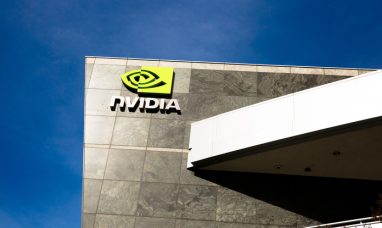Palantir’s (NYSE:PLTR) stock witnessed a remarkable surge of over 25% on Tuesday morning, fueled by investor enthusiasm for the defense software company’s latest strides in artificial intelligence (AI). During the company’s earnings call on Monday night, Palantir CFO Ryan Taylor expressed astonishment at the unprecedented level of customer enthusiasm and demand for AI platforms in the US commercial sector.
The discussion during the call emphasized Palantir’s Artificial Intelligence Platform (AIP), mentioned nearly 50 times, which the company views as instrumental in driving an anticipated nearly 40% growth in US commercial revenue for 2024. This surge in stock value, which has seen a staggering 100% increase over the past year, underscores the prevailing AI euphoria that has propelled numerous tech stocks. Despite concerns about Palantir’s potentially inflated valuation, Tuesday’s market surge signals investors’ ongoing appetite for AI investments, despite some skepticism from Wall Street regarding fundamental support.
Morningstar equity analyst Malik Ahmed Khan expressed bullish sentiment toward Palantir, despite acknowledging challenges in justifying its current valuation. Similarly, Jefferies equity analyst Brent Thill, who previously rated Palantir as a sell, adjusted his stance to a Hold rating post-earnings report, recognizing the outperformance of AIP growth. However, Thill remained cautious about the stock’s valuation premium compared to industry averages.
The surge in Palantir’s stock is part of a broader trend, with other AI-focused companies experiencing renewed investor interest. Goldman Sachs raised its price target for Nvidia (NASDAQ:NVDA) stock due to robust AI demand, contributing to a nearly 5% increase and an all-time high. IBM’s (NYSE:IBM) stock surged approximately 15% in the past month following strong AI-driven revenue performance. Meanwhile, Microsoft (NASDAQ:MSFT) and AMD (NASDAQ:AMD) witnessed modest reactions despite their AI-related earnings beats, with both companies nearing all-time highs in stock performance.
These developments prompt investors to consider when the AI fervor might plateau. Khan suggests that the trajectory could hinge on the overall performance of the US economy throughout the year. Continued economic strength may sustain investments in AI and other growth areas, whereas economic downturns could prompt investors to reevaluate their AI investment strategies.
Featured Image: Megapixl















